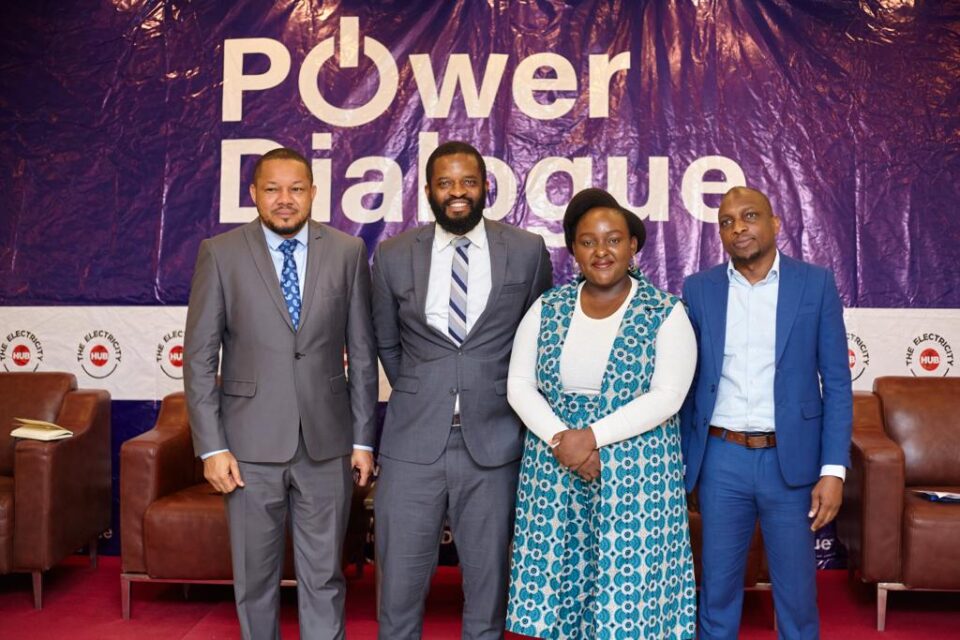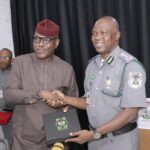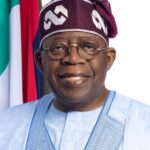By Chesa Chesa
With the country experiencing hiccups as result of removal of petrol subsidy and subsequent hike in prices, energy experts have stressed that Nigeria has the requisite elements, except political will, to incorporate solar and wind energy into the national electricity grid.
Meeting and rubbing minds at the 84th power dialogue hosted by The Electricity Hub (TEH)
in Abuja at the weekend, the experts, drawn from home and abroad, stressed that Nigeria’s quest for substantial increase in renewable energy is achievable if key stakeholders play their roles appropriately.
The dialogue session was titled ‘The Crossroads: Solar and Wind on the Grid’, and panelists included Erabor Okogun, Head of Energy Infrastructure & Major Projects Advisory, KPMG; Wangari Muchiri, Director of Africa Wind Power, Global Wind Energy Council; Dr. Damola Omole, Director of Global Utility Innovation, GEAPP; while Emeka Okpupkara Jr. of the Nextier Group moderated the parley.
Attaining a solid grid in Nigeria is a journey, not an end goal, noted the discussants assembled by TEH, an energy-focused media organisation, for the power dialogue that also marked its 7th anniversary.
They pointed out that the building blocks for success can be found in several policies, like Vision 30.30.30, which have been enacted to achieve 30% of national electrification from renewable sources by 2030.
“Therefore, from the regulatory perspective, all the building blocks can enable renewable energy. Lots of progress has been established in regulation, but when it comes to the actual contribution of wind, it is almost insignificant”, observed a communique at the end of the dialogue.
In the course of the session, Dr. Omole highlighted the required policy and investment decisions needed to attain universal access to electricity in Nigeria through wind and solar.
Underscoring the imperative about integrating renewables to strengthen the national grid, he laid out some solutions to the policy and investment policy.
Wangari Muchiri illustrated the positive impact and challenges with an insight into wind generation in her home country of Kenya.
She stressed the need to start integrating wind and solar technologies into the energy mix, enthusing that “the more we begin integrating, the more we learn”.
While noting that sometimes, there could be too much wind on the grid in Kenya, and the consumers would be knocked off, she said it all leads to one point – there would still be complaints, even if you over-invest or under-invest.
According to her, the important thing is to focus on how to produce continuity and how to take the next step in transitioning to renewable energy; even as she insisted that political will is vital in solar and wind integration.
In his presentation, Erabor Okogun reeled out essential factors like grid location, as well as demand meeting supply and yield, which are necessary to make a project of this nature produce desired results.
He highlighted areas where the project can be sited, which can help stabilise the grid and increase the dispatch of thermal products.
Okogun added that the beauty of hydro, solar and wind is that it is seasonal, and when the dams are low, the yield from solar complements, and vice versa.



